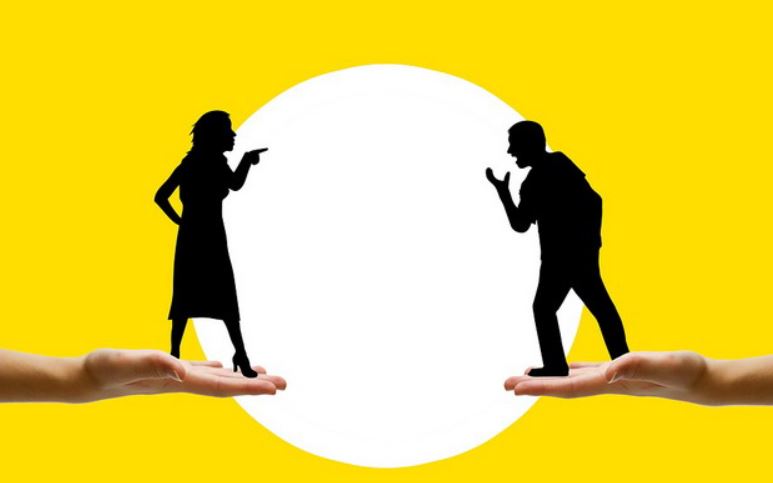One of the heroines in a Charles Dickens novel scolds her husband, “Your daughter married a poor man.” In response, the husband says that their son-in-law is not poor at all. “Oh, right?” said Mrs. Wilfer angrily. “Are you sure? So, John Rokesmith has vast estates. It never crossed my mind. Thank you for informing me.” This “fighting” style of life, often used in family disputes, is also one of the most popular ways of arguing for political debate, which is now being met with every step of the way on social media.
“Armenia suffers under Pashinyan’s dictatorship.” “But the regime of our country is not dictatorial at all.” “Ah, did I not know we were at the height of democracy?” Or the opposite. “These poor people have been robbed for 30 years.” “But in 30 years, apart from robbery, there have been positive phenomena in the life of our state.” “Yes, of course, it turns out that Robert and Serzh are angels?” That is, if you do not agree with an exaggeration, you are immediately accused of agreeing to the opposite exaggeration, which is just as wrong.
This rhetorical trick has been used since ancient times, just the peculiarity of “social network reality” is that on these platforms, a person with any level of intelligence and knowledge can object to any post, thus devaluing all possible arguments, information, and debates. Ninety percent of users do it unconsciously and completely unselfishly, and 10% make money with it. I consider both normal. What matters is not the motivations of the people, and what matters is the reality that is created as a result.
People today, more than ever, tend to get simple, one-sentence answers to all questions: this is a sin, this is a traitor, this is a savior. When you try to show that things are much more complicated than they seem, and you want to explain a little longer, those who have been brought up in this age do not have the patience to listen to it and sometimes get angry at your “vague position.” It’s like telling your child a story you learned from a book or a source, but the child interrupts you by saying, “You’re wrong,” and begins to present a version of the cartoon with the same plot, which, as a rule, is distorted and much more primitive.
Read also
Modern people derive most of their knowledge not from books, but from the “statuses” and comments on social networks. They consider this knowledge to be sufficient to write their comments on all issues. In particular, in the field of humanities. Especially about politics.
Aram Abrahamyan




















































